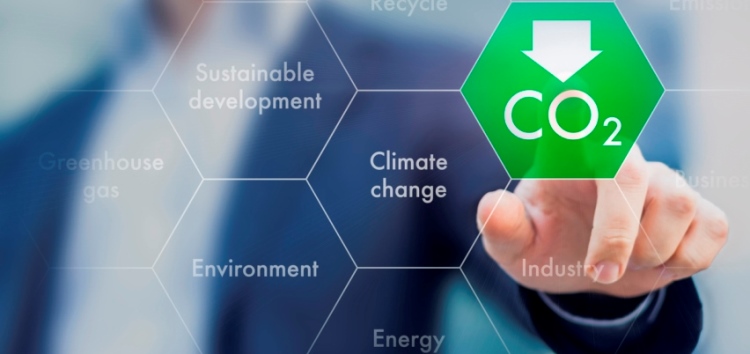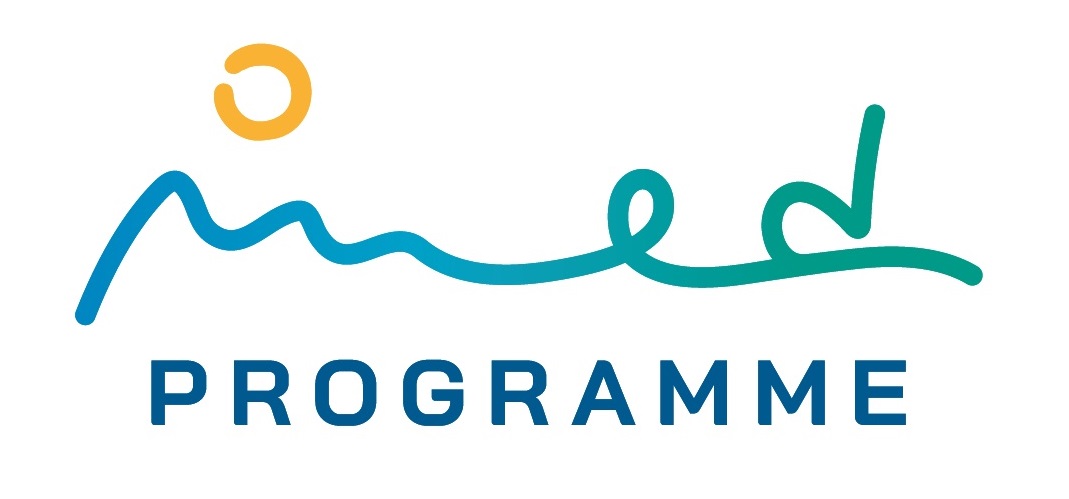Climate innovation support programme launched in EBRD EU countries

The Green Innovation Programme (“GIP”) offers support to companies operating at the crossroad of innovation and sustainability in the twelve EBRD countries of operations which are EU Member States (“EU-12”). The GIP assists innovation-oriented companies in conducting research and development activities focused on technologies, processes or operations which have beneficial impacts in terms of climate change and environmental protection.
Fostering knowledge-based economies and the low-carbon transition are two key conduits for EBRD’s transition remit. This is especially the case in the EU-12 where ambitious EU-wide climate commitments and considerable potential for firms to climb up along European and global value chains can contribute to increased competitiveness and green growth.
The newly published 2017 EBRD Transition Report recommends sustained innovation and greener growth models as the solution to the widely observed “middle-income trap” faced by many of the economies in the EBRD region. This is characterised by a sustained period of slower convergence with advanced economies and lower growth relative to other middle-income economies. In Central and Eastern Europe this is due to having largely exhausted the huge potential to increase total factor productivity which had existed during the early stages of transition.
To boost growth and productivity “the region’s economies now require a new growth model, one that goes beyond the imitation and importing of technology, and facilitates innovation”, the report says. The report also finds that innovation is boosted by investments in infrastructure and connectivity, increased openness and integration in global value chains, and of course by higher levels of R&D activities and increased access to finance for innovative activities.
The GIP aims to contribute to increasing green innovation by providing support to outline company innovation plans and to assist in implementing them. This assistance will be customised, with specific activities expected be varied: facilitation of prototyping and testing, technical development and design, environmental exploration, intellectual property rights advisory work, etc. Companies can be supported with third-party consultants or in hiring new employees dedicated to research and development work.
Resources for technical assistance are provided by the TaiwanBusiness EBRD Technical Cooperation Fund. Companies will also be supported in networking with innovative companies active in Taipei as part of an effort to boost business links and share ideas.
Companies which will receive technical or investment GIP support can be from any economic sector, including low-carbon buildings and materials, the bio-economy, green product manufacturing, advanced renewable energy generation and storage, or green-related IT solutions.
